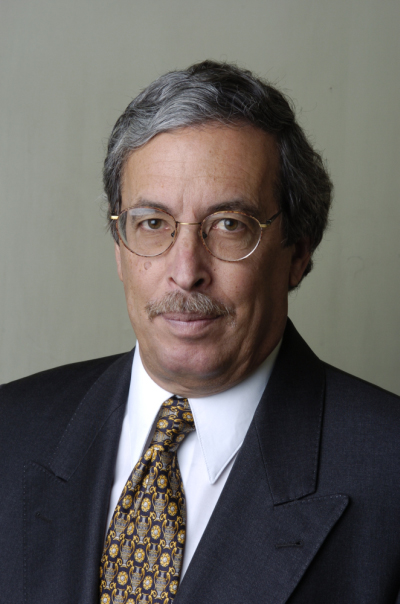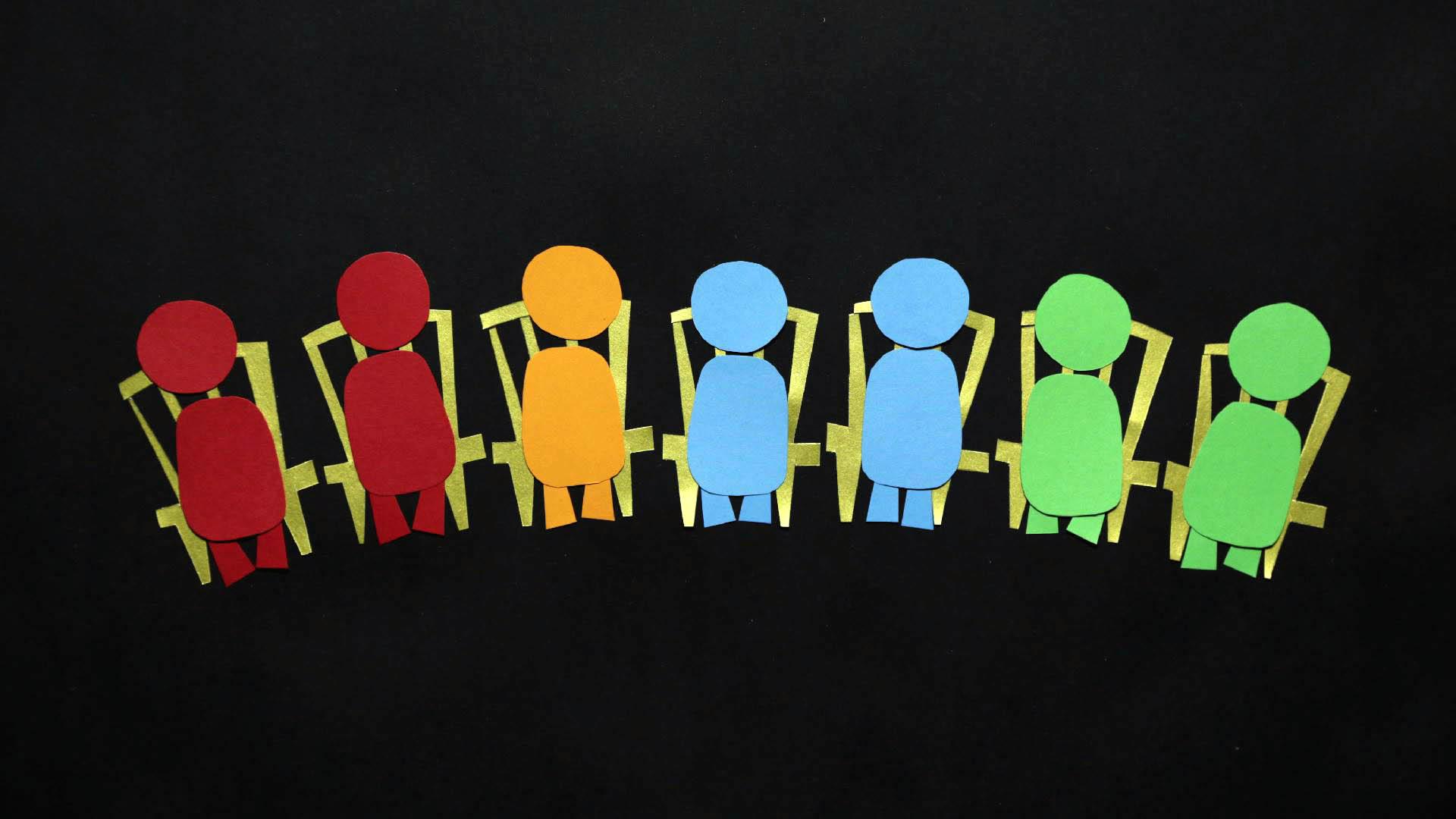Dual citizenship: are you with us or against us?
Political scientist Daniel Warner considers the controversy over whether you can have dual citizenship in Switzerland if you want to be elected to the cabinet.
“Binational and loyal: is it possible?” asked a headline in a local Swiss newspaper. Of the three major candidates running for a soon-to-be-vacant seat on the cabinet in Switzerland, one of the candidates has already turned in his Italian passport saying, “I am the only one of the three candidates who is truly Swiss in the large sense of the term.” A second said he would renounce his French citizenship if elected.
The debate over dual citizenship of potential members of the Swiss executive has become heated. For the moment it is not forbidden, leading the conservative right Swiss People’s Party to call for outlawing dual citizenship for members of the government in the future.
As a justification of this position, in the same article, a member of the centre-right Radical Party questioned whether, “in case of war, a binational or someone having several nationalities could defend the interests of Switzerland against another country.” The implication was that the other country might be that of the other passport.
Almost 20% of Swiss citizens have more than one legal identity. So technically, there is no reason why someone having more than one passport could not become one of the seven members of the Swiss executive.

Emotionally charged
In an age where globalisation has fostered considerable discontent – within the American White House, in the typical us vs. them language, the current narrative pits “globalists” vs. America Firsts – the issue of bi-national loyalty is emotionally charged.
Egypt, Israel and Sri Lanka do not allow dual citizens to be members of parliament. Several other countries – Norway, China, India and Indonesia for example – do not allow dual citizenship at all. Naturalised citizens cannot become president of the US – what has become referred to as the Kissinger or Schwarzenegger law.
What is the problem here? Quite simply, being a citizen of a country is a legal status. In some countries, such as Canada, one can acquire citizenship by economic assistance such as guaranteeing jobs for a certain number of people.
On the other hand, and this is what the true nationalists are saying, citizenship is more than just a legal status, it is also an emotional attachment. In Michael Walzer’s phrase, there should be a “historic fit” between the legal system of a state and the nation or community of people who reside within the state. This is the ideal of the nation-state.
In the classic Nottebohm case decided by the International Court of Justice in 1955, the court stated that while it was the sovereign right of all states to determine their own citizens, the court would uphold the principle of effective nationality to decide if citizenship was in question.
In other words, a person must prove a meaningful connection to a specific state in cases of doubt. “Effective” or “meaningful” here means there must be more to it than just holding a passport because one was born in a country, inherited citizenship from parents or had acquired citizenship but had never developed any significant attachment to the country. There must be more than just legal status. But the criteria for measuring “effective” nationality may not be clear.
Australian uproar
A current uproar in Australia, a country of high immigration, is another example of the recent bi-national sensitivity. Section 44 of the Australian constitution states that members of the federal parliament must not be “under any acknowledgement of allegiance, obedience or adherence to a foreign power.” Specifically, they cannot be “subject or citizen” of another country. Several members of parliament have been forced to resign. A patriotic deputy prime minister revealed that he was also a citizen of New Zealand through his father. If he is forced to resign, which seems most probable, the current government may fall since it clings to power with a majority of one.
In a globalised world, citizenship falls on the precarious border between the national and international. At times of increased cosmopolitanism, there is an obvious attraction to being a citizen of one country with easy access to others such as within the European Union. At times of increased disintegration (i.e. Brexit), nationalism and single citizenship are more attractive.
Does anyone doubt Pierre Maudet’s attachment to Switzerland? Must he prove he is more Swiss than French? The question of holding more than one passport is a legal question. It should not be confused with how one feels about a country or the qualifications for holding office. On the contrary, someone who holds several passports may be more qualified because of a deeper understanding of the international environment from different perspectives.
As with all binary questions, the answer is never as simple as proposed. But in this situation, the answer to the original question about bi-national and loyalty is a resounding yes.
The views expressed in this article are solely those of the author, and do not necessarily reflect the views of swissinfo.ch.
Opinion series
swissinfo.ch publishes op-ed articles by contributors writing on a wide range of topics – Swiss issues or those that impact Switzerland. The selection of articles presents a diversity of opinions designed to enrich the debate on the issues discussed.

In compliance with the JTI standards
More: SWI swissinfo.ch certified by the Journalism Trust Initiative















You can find an overview of ongoing debates with our journalists here . Please join us!
If you want to start a conversation about a topic raised in this article or want to report factual errors, email us at english@swissinfo.ch.